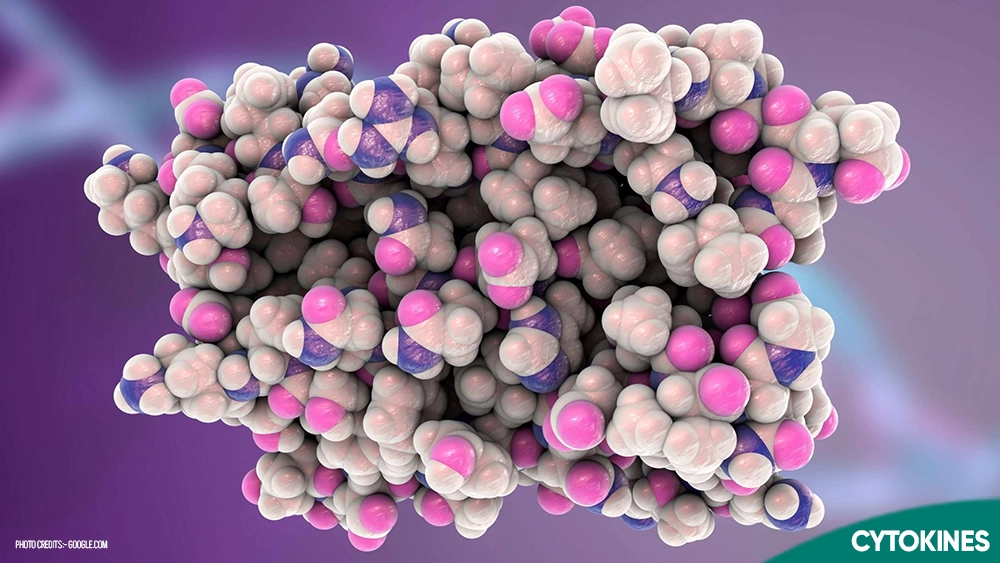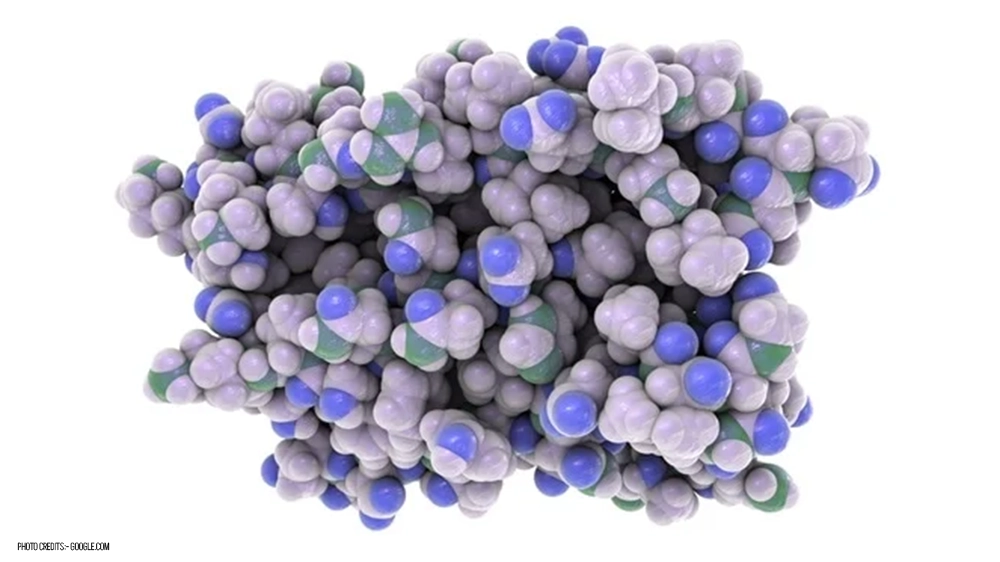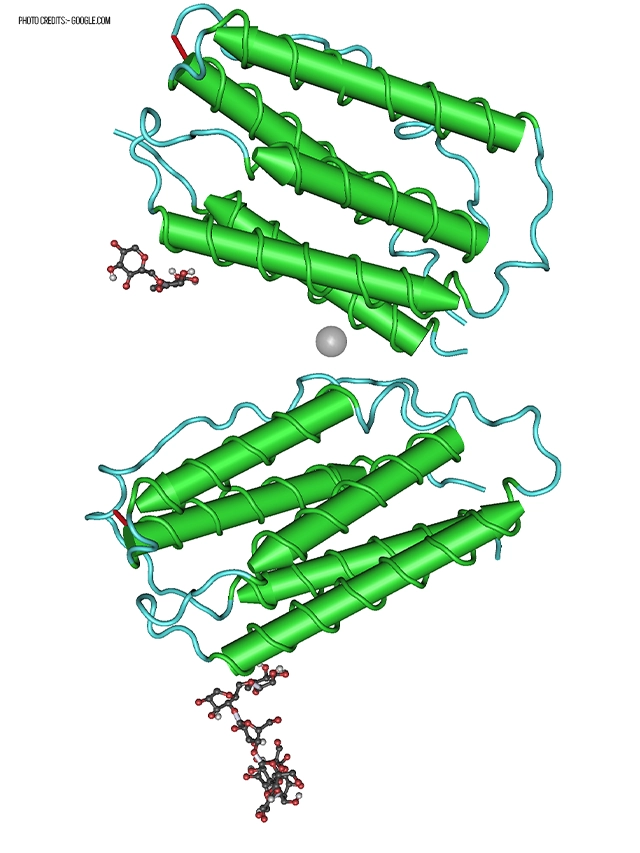
HEALTH BLOG
Proteins Such as Interferons and Interleukins Released by the T Cells Are Called What?: Cytokines
-
Rahul Priydarss
Proteins such as interferons and interleukins released by the T cells are called cytokines, which play a vital role in immune response regulation. These signaling proteins help the body fight infections, control inflammation, and support communication between immune cells. Interferons combat viral infections, while interleukins promote T cell growth and antibody production. An imbalance in cytokines can lead to autoimmune diseases or severe inflammation, such as cytokine storms. Understanding cytokines is essential for developing treatments for conditions like cancer, autoimmune disorders, and viral infections. Explore the key functions and therapeutic potential of these proteins in our detailed guide.
Introduction:
The proteins such as interferons and interleukins released by T cells are called what (cytokines). Cytokines are essential for immune regulation, playing a significant role in communication between immune cells. These small proteins ensure that the immune system responds appropriately to infections, injury, and diseases like cancer. Without cytokines, our immune responses would be poorly regulated, leading to weak immunity or damaging inflammation.
T cells, a type of white blood cell, are central to the immune system. They release cytokines like interferons to inhibit viruses and interleukins to help other immune cells function optimally. These proteins have distinct roles but work together to maintain immune balance. Cytokines not only protect against pathogens but also prevent harmful overreactions. In this post, we’ll explore what cytokines are, the various types released by T cells, their roles in immunity, and their importance in health and disease.
What Are Cytokines:
Cytokines are signaling proteins that regulate immunity, inflammation, and the body’s response to disease. Produced by immune cells like T cells, macrophages, and dendritic cells, cytokines coordinate cellular responses to infection, injury, and stress. When pathogens like bacteria or viruses invade the body, cytokines alert immune cells to attack and eliminate the threat.
These proteins are essential for both innate (immediate) and adaptive (long-term) immunity. The release of cytokines ensures immune cells communicate efficiently, balancing the immune response. For example, T cells release cytokines like interferons to stop viruses from spreading and interleukins to encourage the growth and activation of immune cells.
Importantly, cytokines can also prevent the immune system from overreacting, which is critical to avoid inflammation-related diseases. However, excessive cytokine release can cause serious conditions like cytokine storms, leading to tissue damage and severe health issues.

Table of Contents
Types of Cytokines Released by T Cells:
T cells produce a variety of cytokines, each with specific functions. The most prominent ones include interferons and interleukins, but there are others like tumor necrosis factors (TNF) and chemokines. Below is a breakdown of the most important types:
1. Interferons (IFNs): Interferons play a crucial role in fighting viruses and regulating immune responses. T cells, particularly helper T cells, release interferon-gamma (IFN-γ) to activate macrophages. Activated macrophages can then engulf and destroy infected or cancerous cells.
Type I interferons (like IFN-α and IFN-β) are particularly effective at controlling viral infections. They signal nearby cells to produce antiviral proteins, slowing the spread of the virus and giving the immune system time to respond.
2. Interleukins (ILs): Interleukins are essential for cell communication and coordination between immune cells. For example, IL-2 stimulates the growth and multiplication of T cells, boosting the immune response. Meanwhile, IL-4 activates B cells, which are responsible for producing antibodies.
Other interleukins like IL-10 play a regulatory role by suppressing excessive immune responses. This prevents unnecessary inflammation, which is essential for avoiding autoimmune diseases.
3. Tumor Necrosis Factors (TNF): TNF is primarily involved in inflammation and the destruction of cancer cells. TNF-alpha, the most well-known of these proteins, promotes inflammation to help clear infections but can also contribute to autoimmune diseases if not regulated properly.
4. Chemokines: Chemokines direct immune cells to the site of infection or injury. They ensure that immune cells like neutrophils and macrophages migrate to areas where they are needed the most, preventing the spread of infection.
Role of Interferons in Immunity:
Interferons are especially important for antiviral defenses. Type I interferons, such as IFN-α and IFN-β, are released soon after a virus invades the body. They signal nearby cells to enhance their defenses by producing antiviral proteins, effectively slowing down the virus’s replication. This creates a window of opportunity for other immune cells to respond and clear the infection.
In addition to antiviral roles, IFN-γ, released by T-helper cells, plays a broader role in immunity by activating macrophages and promoting the killing of infected cells. It also helps regulate the production of other immune molecules, ensuring the immune response remains coordinated and effective.
Without interferons, viral infections could spread unchecked, leading to severe health complications. Interferons also contribute to the elimination of cancer cells, as they stimulate immune cells to target abnormal cells in the body.

How Interleukins Support the Immune Response:
Interleukins are critical for immune coordination. One of the most important interleukins is IL-2, which encourages T cell proliferation and ensures that immune cells remain active throughout an infection. This helps maintain a robust immune defense, especially during viral or bacterial infections.
Interleukins also play a role in the regulation of antibody production. For example, IL-4 promotes the activation of B cells, leading to the creation of antibodies that neutralize pathogens. Meanwhile, IL-10 serves as a counterbalance to inflammatory responses by limiting immune cell activity, helping prevent chronic inflammation or autoimmune diseases.
The diverse functions of interleukins make them essential for both short-term and long-term immune responses. They not only coordinate the initial defense against invaders but also help the immune system “remember” infections, providing immunity against future attacks.
Importance of Cytokines in Health and Disease:
Cytokines are essential for maintaining immune balance, but they can also contribute to disease if not properly regulated. For example, an excessive release of cytokines, known as a cytokine storm, can occur during severe infections like COVID-19. This overreaction can lead to widespread inflammation, organ failure, and even death.
On the other hand, a lack of cytokines or impaired cytokine signaling can result in immunodeficiency, leaving the body vulnerable to infections. Some autoimmune diseases, such as rheumatoid arthritis and lupus, occur when the immune system mistakenly attacks healthy tissues due to imbalanced cytokine levels.
Cytokines also play a role in cancer, as certain cytokines can promote or inhibit tumor growth. For instance, interferons have been shown to enhance the immune system’s ability to detect and destroy cancer cells, while TNF can contribute to inflammation that supports tumor development if not properly controlled.
Therapeutic Use of Cytokines in Medicine:
Cytokines are increasingly being used in medicine to treat various diseases. For example, interferon-based therapies are used to manage hepatitis C, multiple sclerosis, and certain cancers. These therapies work by enhancing the immune system’s ability to fight off viruses and abnormal cells.
Interleukin therapies are also used in cancer treatment. IL-2 therapy, for example, boosts T cell activity and is often used to treat metastatic melanoma and kidney cancer. Scientists are also exploring ways to manipulate cytokine activity to treat autoimmune diseases, by either blocking harmful cytokines or enhancing beneficial ones.
In addition to their current applications, ongoing research is investigating the potential of cytokines in immunotherapy—a promising field that seeks to harness the body’s immune system to fight cancer and chronic diseases.
FAQs about Cytokines:
A1: Cytokines are proteins that regulate immune responses by signaling between cells, ensuring the immune system responds effectively to infections and inflammation.
A2: Interferons help control viral infections by signaling cells to produce antiviral proteins, preventing the spread of the virus.
A3: Interleukins coordinate immune cells, promote cell growth, and ensure that the immune system responds appropriately to infections.
A4: A cytokine storm occurs when the body releases too many cytokines, causing excessive inflammation and potentially leading to organ damage.
A5: Yes, cytokines like interferons and interleukins are used in therapies for diseases such as cancer, hepatitis C, and autoimmune disorders.

-Please remember, to always consult with healthcare professionals or Doctors for personalised advice related to medical conditions.
Conclusion:
In summary, Proteins Such as Interferons and Interleukins Released by the T Cells Are Called What?. T cells are crucial proteins that regulate immune responses, ensuring effective defense against infections and disease. These proteins work in harmony to communicate between cells, balance immune activity, and maintain health. While cytokines are essential for immunity, an imbalance in their levels can lead to conditions such as autoimmune diseases, immunodeficiency, or severe inflammation. Understanding the roles of cytokines allows scientists to develop therapies that can manipulate these proteins, offering new treatments for conditions like cancer, autoimmune diseases, and chronic infections. Their therapeutic potential makes cytokines one of the most valuable tools in modern medicine.




